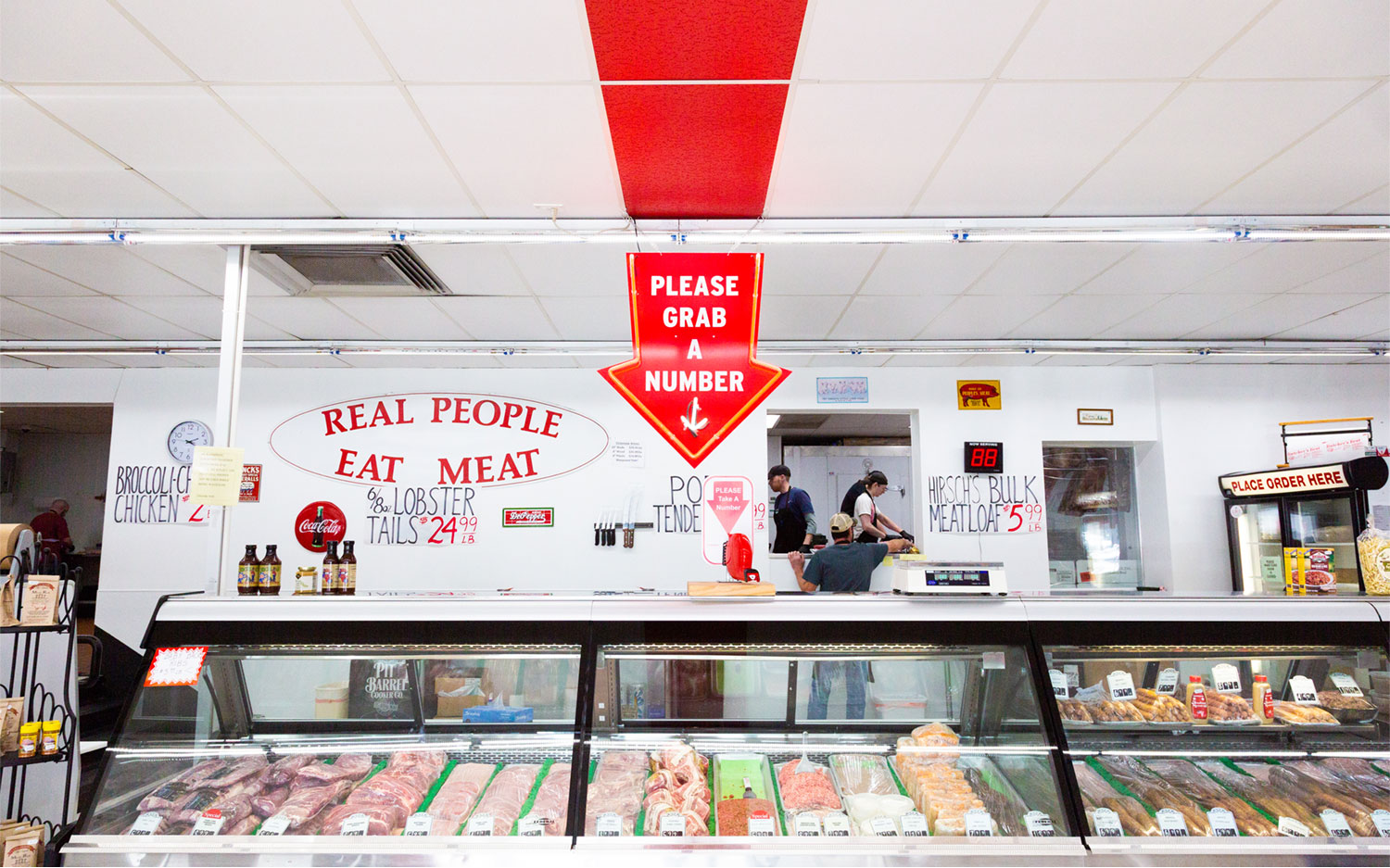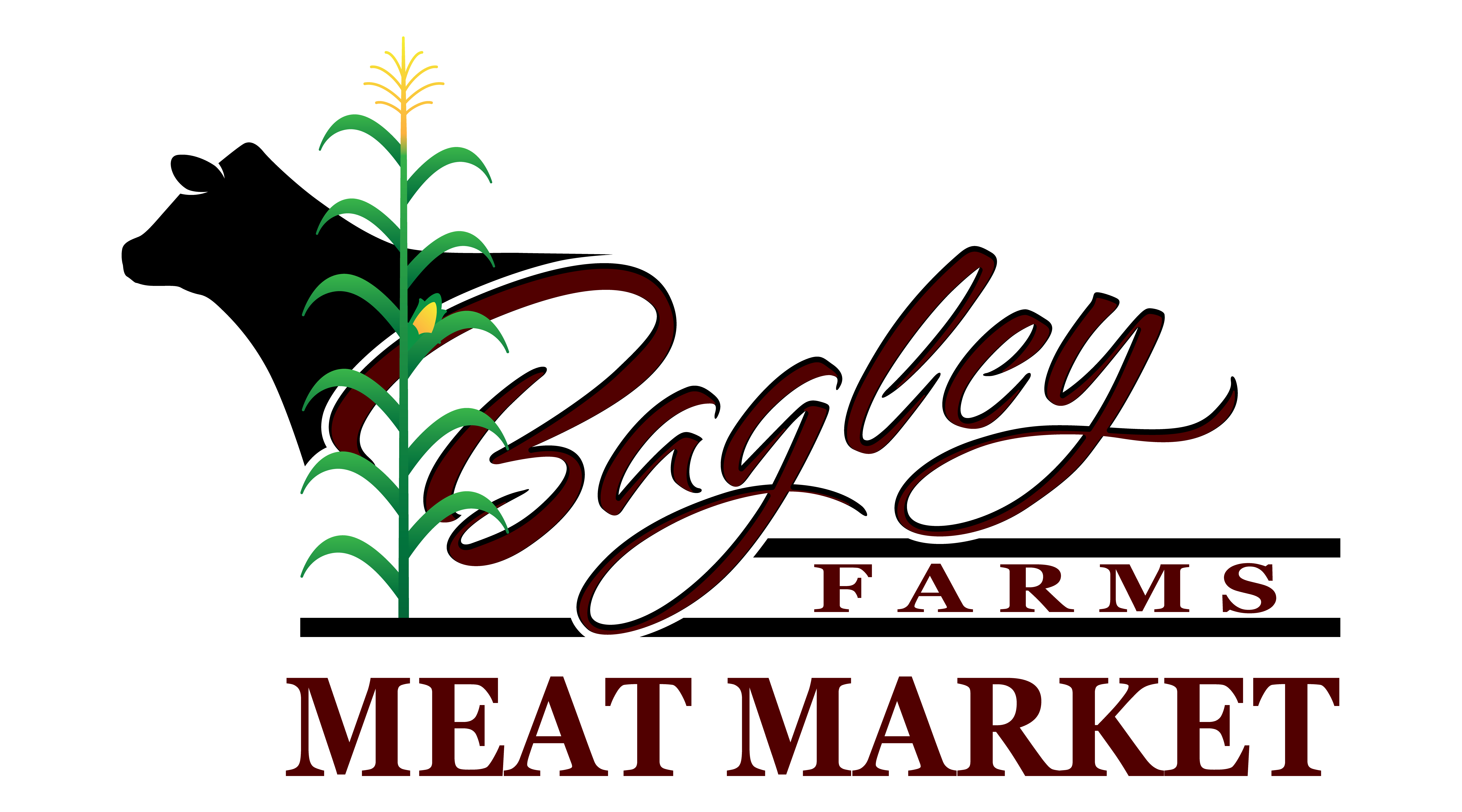Bagley Meat Market Edwardsville IL: Your Trusted Local Butcher for Quality Meats
Bagley Meat Market Edwardsville IL: Your Trusted Local Butcher for Quality Meats
Blog Article
Why Buying at a Neighborhood Meat Market Guarantees Fresh, High-Quality Cuts
Shopping at a neighborhood meat market supplies distinct benefits that typically go unnoticed by consumers accustomed to bigger retail chains. These markets provide direct accessibility to fresh, top quality cuts, an outcome of minimized transportation time from ranch to counter. This not just boosts flavor yet additionally sustains local farmers, cultivating community connections and lasting methods. Strenuous quality control gauges make certain that each acquisition fulfills high requirements of safety and security and quality. The effects of picking regional prolong past prompt benefits, triggering a more detailed assessment of what this option really suggests for both consumers and the local economic situation.
Benefits of Neighborhood Sourcing
In the realm of food procurement, the benefits of regional sourcing stand out prominently. By purchasing meat from neighborhood markets, consumers acquire straight access to products that are typically fresher and extra delicious than those discovered in bigger, commercial supermarkets. Regional sourcing lowers the moment and range food takes a trip from farm to table, which not just improves taste yet additionally preserves nutritional value.
Moreover, local sourcing commonly supplies transparency pertaining to the origins of the meat. Customers can ask about the farming techniques used, animal well-being standards, and whether the meat is organic or grass-fed. This info equips buyers to make enlightened decisions lined up with their values.
Top Quality Control Requirements
Regional meat markets frequently abide by extensive quality assurance standards that guarantee the products supplied meet high safety and freshness benchmarks. These standards usually incorporate various stages of the meat manufacturing procedure, from sourcing to handling and storage.
First, neighborhood markets often develop strict supplier criteria, making sure that just trustworthy farms and manufacturers are made use of - bagley meat market edwardsville il. This minimizes the probability of contamination and promotes higher pet welfare requirements. Furthermore, lots of local meat markets carry out routine inspections to confirm that the meat is refined under sanitary problems, even more lessening wellness risks
Temperature level control is another critical facet of quality control. Neighborhood meat markets regularly keep an eye on refrigeration systems to preserve optimal storage temperature levels, ensuring that meat stays safe and fresh for usage. Moreover, the execution of traceability systems permits markets to track the origin of their products, offering transparency and accountability.
Finally, personnel at neighborhood meat markets are usually educated to identify indicators of wasting and comprehend correct handling strategies. This commitment to high quality control not only raises the general standard of the meat however also fosters consumer depend on, making regional meat markets a reliable resource for top notch cuts.
Sustaining Regional Farmers
Supporting local farmers is crucial for cultivating a sustainable food system and boosting area durability. When consumers select to patronize regional meat markets, they straight add to the incomes of farmers in their region. This not only sustains the regional economic situation yet also reinforces the agricultural industry, guaranteeing that it remains lively and feasible.


Furthermore, sustaining local farmers promotes a feeling of community and connection in between customers and producers. It urges openness in food sourcing and imparts trust fund, as consumers can establish connections with the people who increase their food. This straight link inevitably brings about a more involved and informed public, which is important for promoting for sustainable farming techniques in the future.
Sustainable Practices
Lasting practices in meat markets play a vital duty in advertising ecological stewardship and ensuring pet well-being. Regional meat markets commonly focus on sourcing their products from ranches that apply sustainable and honest farming methods. These techniques include find out here rotational grazing, which aids preserve dirt wellness and decreases carbon exhausts, alongside reducing the usage of prescription antibiotics and hormonal agents in animals.
Additionally, local meat markets normally emphasize openness in their supply chains. Customers are provided with information relating to the origin of their meat, permitting them to make informed selections that straighten with their values. By supporting local farmers who exercise sustainable approaches, consumers add to the preservation of biodiversity and the decrease of transportation discharges associated with long-distance meat circulation.
Additionally, numerous local meat markets participate in waste decrease approaches, such as making use of every part of the animal and promoting off-cuts that could otherwise go unsold. By promoting a more lasting approach to meat intake, these markets not only give top quality products click over here now yet likewise add favorably to the atmosphere and animal well-being. In significance, buying at a local meat market aligns consumers with a broader movement in the direction of moral and accountable food sourcing.
Customized Customer Care
Shopping at a meat market frequently encompasses more than just the items offered; it is also about the experience and the connections built in between customers and staff. Customized client service is a hallmark of neighborhood meat markets, setting them aside from bigger grocery store chains. Knowledgeable personnel make the effort to comprehend individual consumer preferences, guaranteeing that each go to is customized to details requirements.
Customers profit from experienced advice on cuts, cooking approaches, and preparation pointers, fostering a sense of count on and loyalty. This personalized communication permits clients to ask concerns and look for recommendations, resulting in educated buying decisions. Team members typically remember normal clients and their choices, producing a welcoming atmosphere that grows community ties.
Furthermore, tailored service encompasses special demands, such as personalized cuts or certain preparation approaches, which larger sellers might not suit. This level of interest reinforces the dedication of local meat markets to high quality and consumer contentment.
Essentially, customized client service not just improves the purchasing experience but also ensures that customers entrust to the ideal items matched to their culinary needs, making every browse through a rewarding one.
Final Thought
Sustaining local farmers fosters neighborhood partnerships and resource enhances the neighborhood economic situation, while sustainable techniques add to ecological stewardship. Additionally, customized customer solution boosts the buying experience, making neighborhood meat markets a recommended option for customers seeking both high quality and ethical considerations in their food sourcing.
The effects of choosing neighborhood extend beyond prompt benefits, prompting a closer exam of what this option genuinely implies for both customers and the local economic climate.
Supporting local meat markets also contributes to the regional economic climate. Neighborhood meat markets frequently check refrigeration systems to preserve ideal storage space temperatures, guaranteeing that meat continues to be safe and fresh for consumption.Local farmers are frequently a lot more attuned to the particular requirements of their neighborhoods, expanding crops and increasing livestock that straighten with neighborhood tastes and preferences. Sustaining local farmers fosters area relationships and strengthens the regional economic climate, while sustainable methods contribute to environmental stewardship.
Report this page